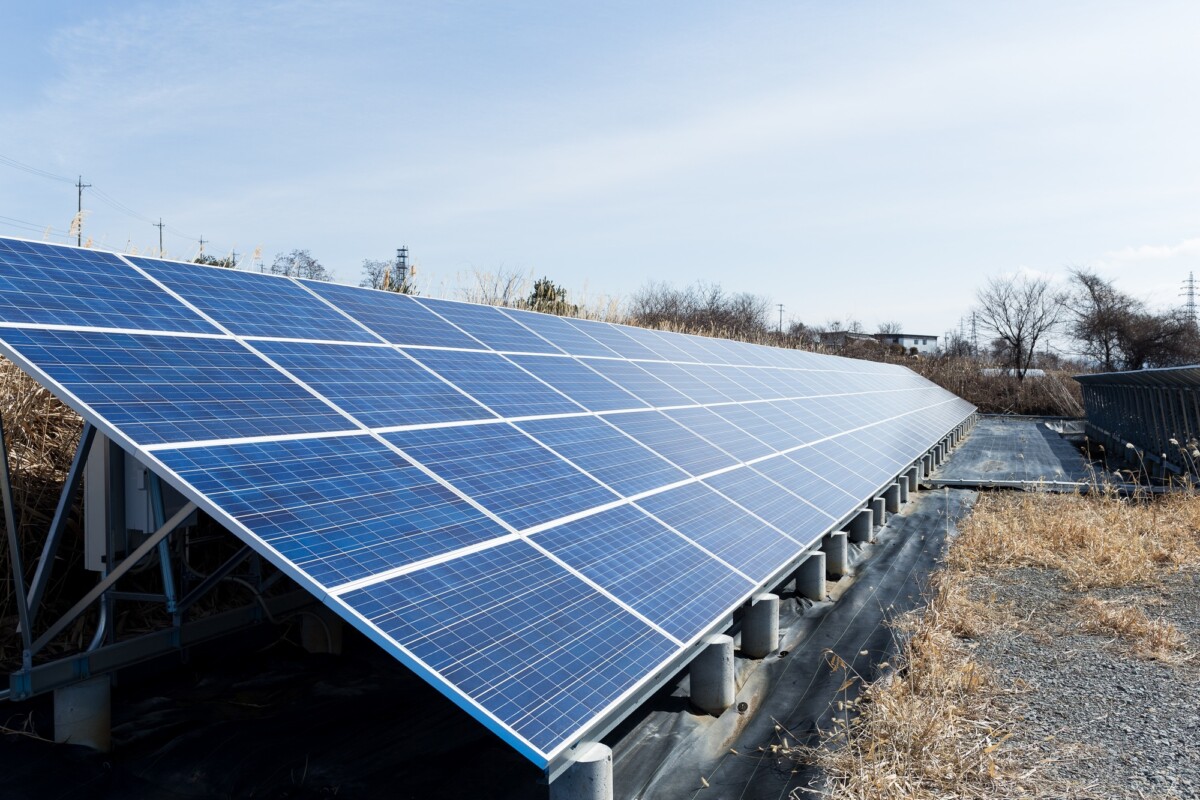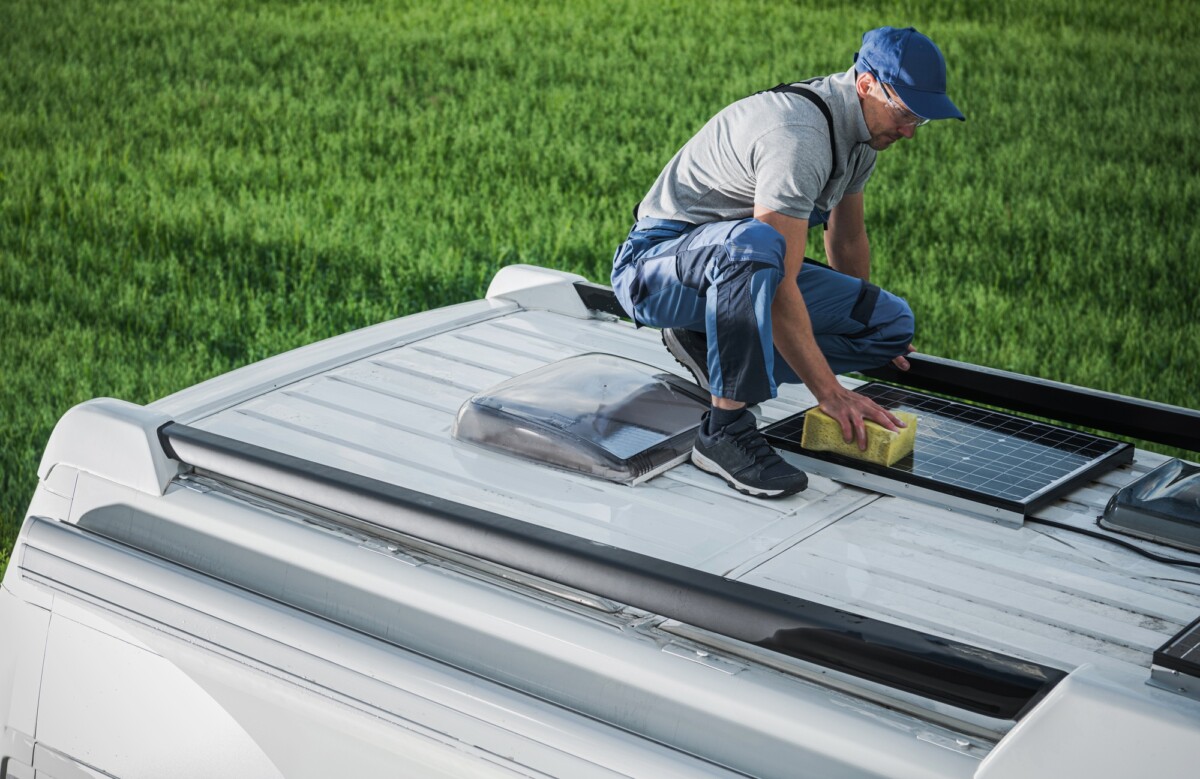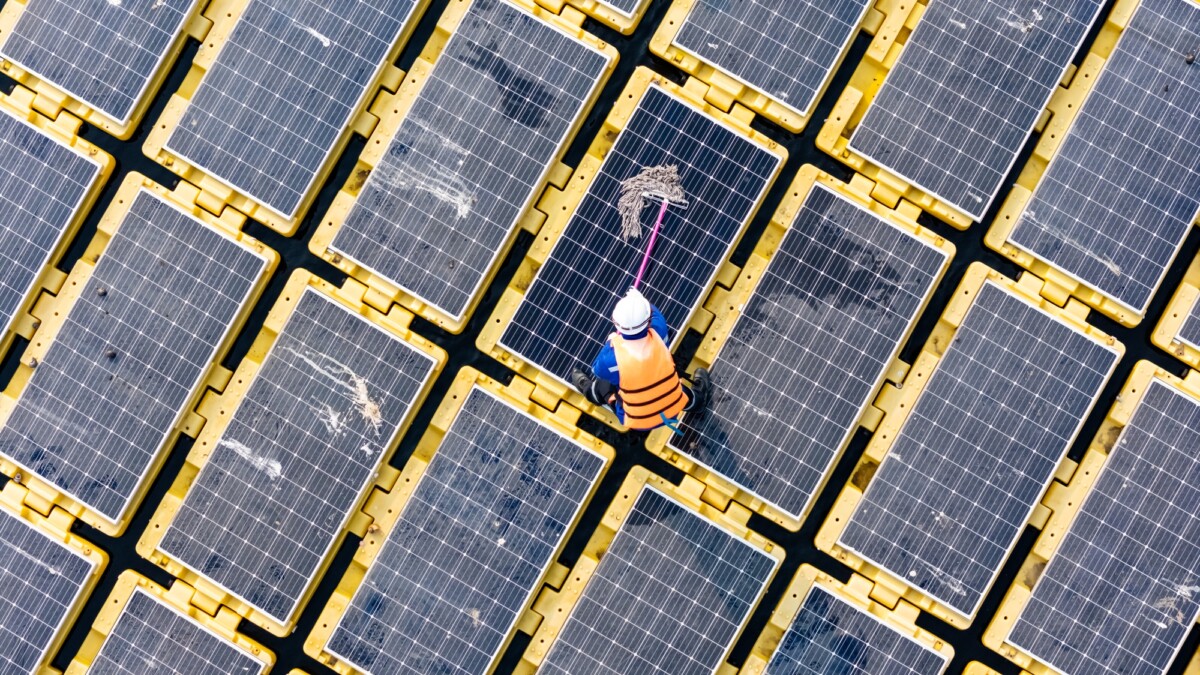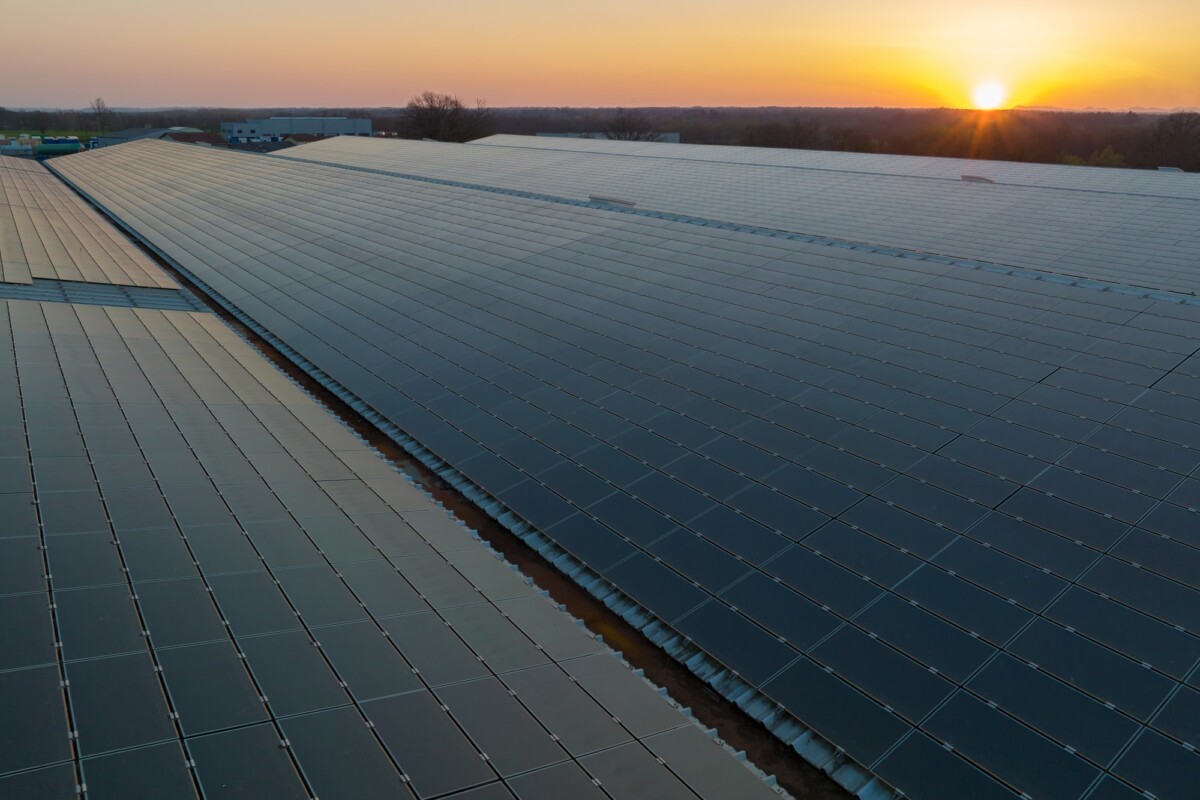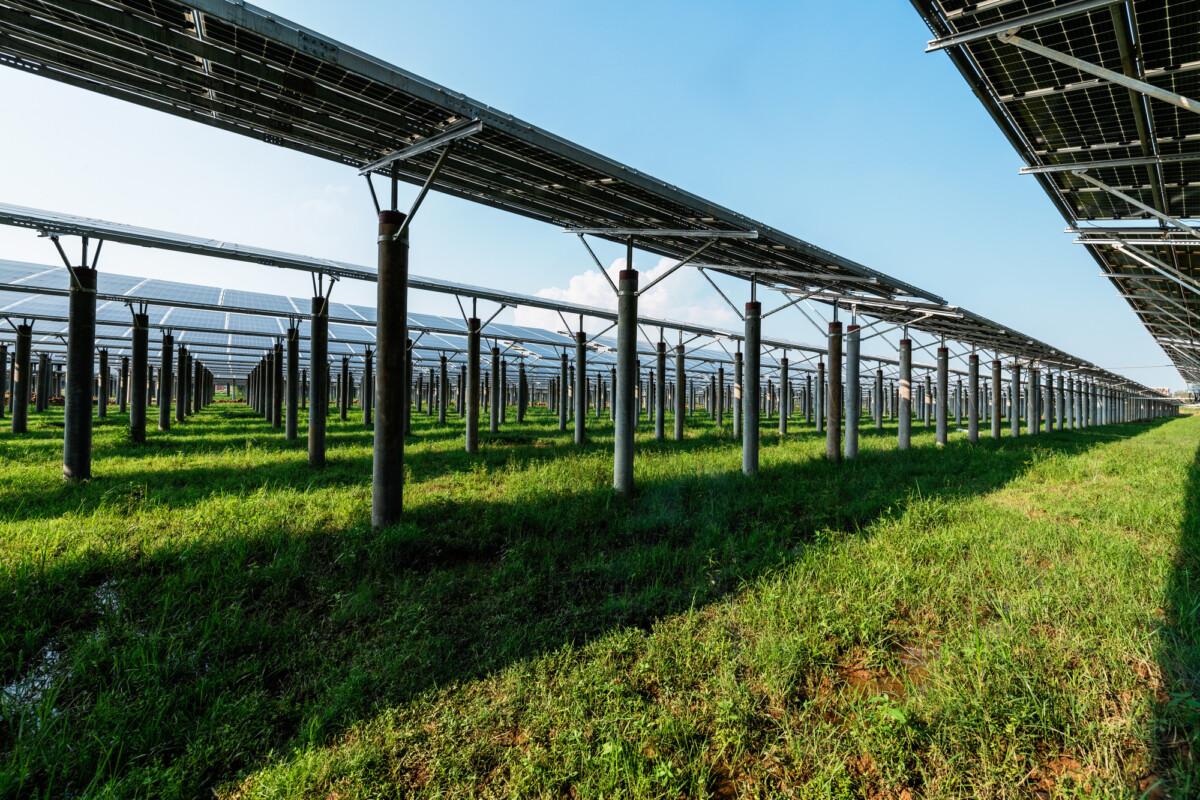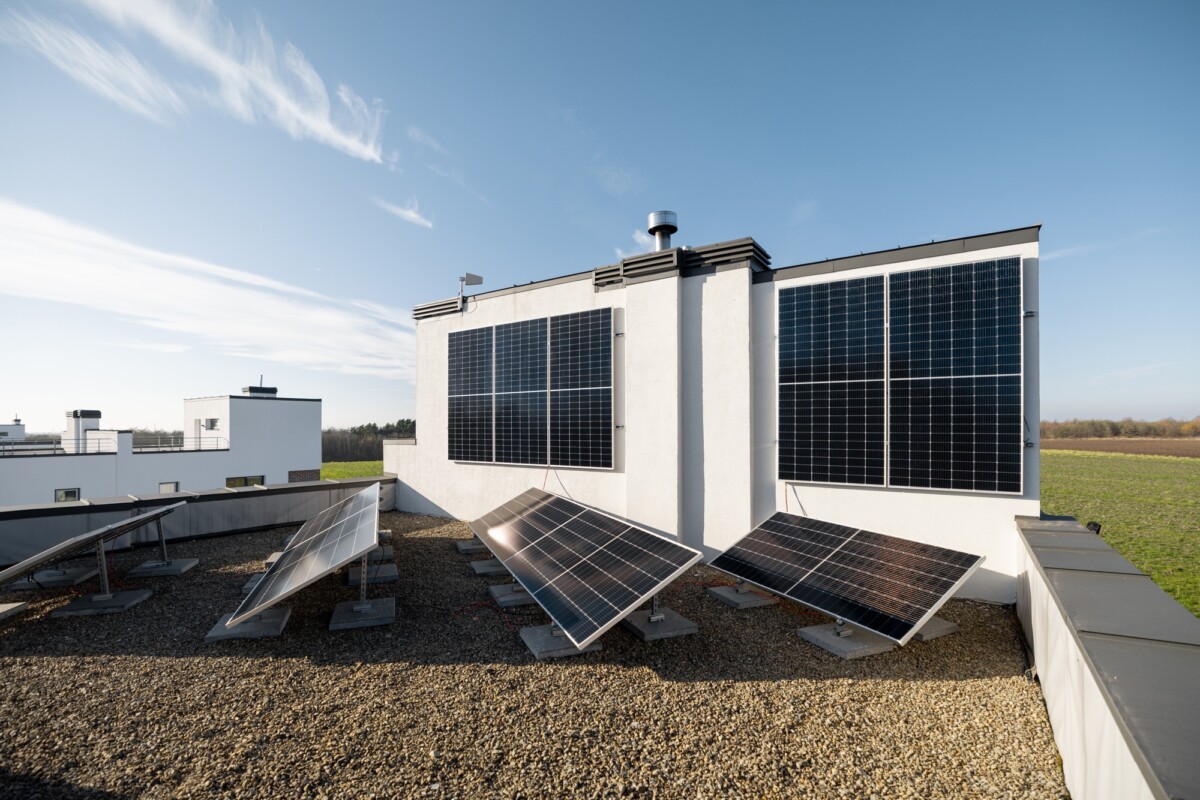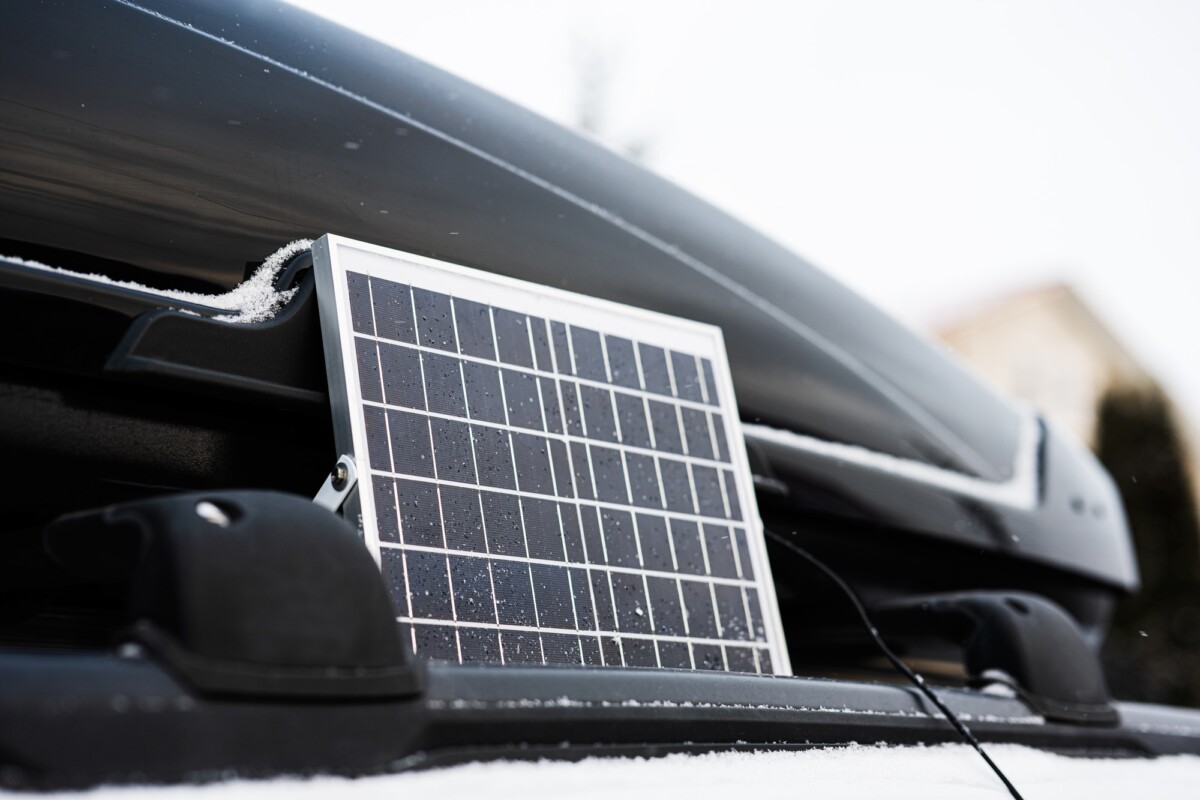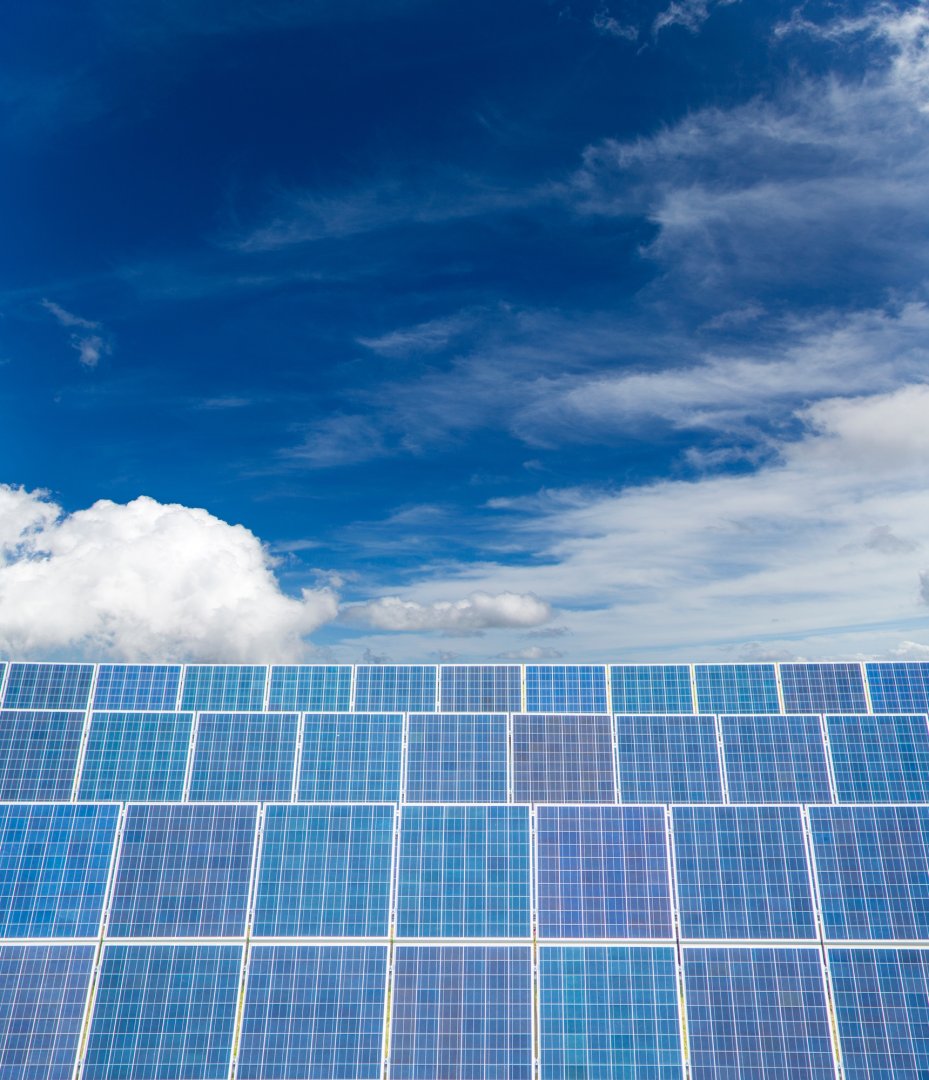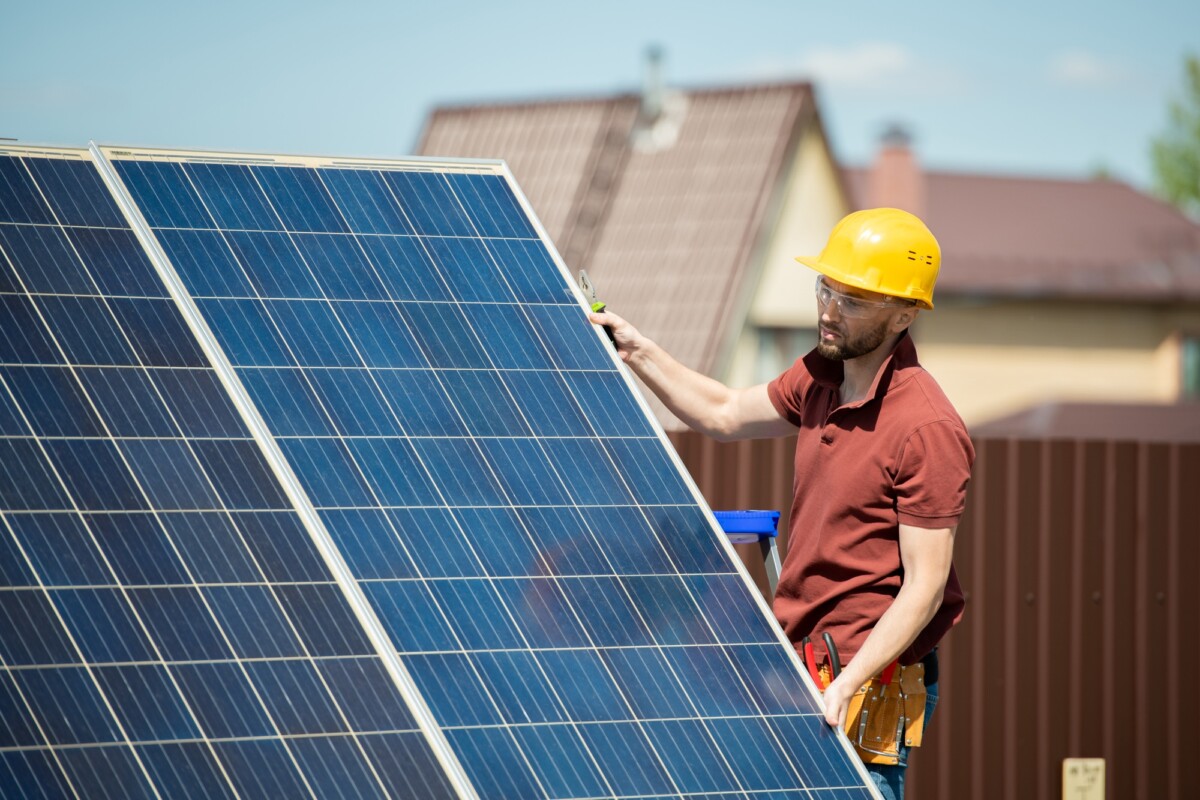The world is increasingly turning to solar energy as a clean and renewable power source. Although solar power has been around for a while, it has only just begun to gain popularity due to the declining costs associated with both installation and upkeep. Solar power has many advantages over other energy sources, including its low cost and versatility. In this article, we will explore various ways to use solar energy.
15 Ways to Use Solar Energy
1. Solar panels for electricity generation
One of the most popular and well-known methods of harnessing solar energy is the use of solar panels. These panels use photovoltaic (PV) cells to convert the sun’s energy into electricity. They are typically installed on rooftops but can also be installed on the ground or integrated into buildings. The electricity generated by solar panels can be used to power homes, businesses, and even entire communities.
2. Solar water heaters
Solar water heaters are another popular application of solar energy. They work by absorbing energy from the sun and using it to heat water. The heated water can then be used for various applications, such as domestic hot water, space heating, and swimming pool heating. Solar water heaters are especially popular in areas with high solar radiation, such as Africa, the Middle East, and parts of Asia.
3. Solar cookers
Solar cookers use the sun’s energy to cook food without the need for any fuel or electricity. They are typically made of reflective materials, such as aluminum or stainless steel, which concentrate the sun’s rays onto a cooking pot or tray. Solar cookers are especially popular in developing countries, with limited access to electricity and fuel.
4. Solar-powered vehicles
Solar-powered vehicles are a relatively new application of solar energy. These vehicles use solar panels to generate electricity, which is used to power an electric motor. Solar-powered cars, buses, and bicycles are already in use in some parts of the world. While they are still in the early stages of development, they hold great promise for reducing greenhouse gas emissions and reducing our dependence on fossil fuels.
5. Solar-powered desalination
Desalination is the treatment of saltwater or brackish water to make it drinkable by removing salt and other minerals. Solar-powered desalination uses solar energy to power the desalination process, making it a sustainable and cost-effective way to provide fresh water in areas where water scarcity is a major issue. Solar-powered desalination plants are already in use in several parts of the world, including Saudi Arabia and Spain.
6. Solar-powered air conditioning
Air conditioning is a major energy consumer, especially in hot and humid climates. Solar-powered air conditioning systems use solar panels to generate electricity, which is used to power the air conditioning unit. These systems are especially popular in areas with high solar radiation, such as the Middle East and Australia.
7. Solar-powered lighting
Solar-powered lighting is a cost-effective and environmentally friendly way to provide outdoor lighting. These systems typically consist of a solar panel, a battery, and a light source. The light stays on all night since the solar panel charges the battery during the day. Solar-powered lighting is widely used for street, garden, and other outdoor lighting applications.
8. Solar-powered pumps
Solar-powered pumps are used to pump water from wells or other sources using solar energy. These pumps are especially popular in rural areas, where access to electricity can be limited. Solar-powered pumps are also used for irrigation, livestock watering, and other agricultural applications.
9. Solar-powered drones
Solar-powered drones are unmanned aerial vehicles (UAVs) that use solar panels to generate electricity, which powers the drone’s electric motors. These drones can fly for long periods of time without needing to land, making them ideal for surveillance, mapping, and other applications.
10. Solar-powered battery chargers
Solar-powered battery chargers are a convenient and portable way to charge small electronic devices, such as smartphones, tablets, and cameras. These chargers consist of a solar panel and a battery, which can be used to store the energy generated by the panel. Solar-powered battery chargers are especially useful for outdoor enthusiasts, such as hikers, campers, and backpackers, who need to keep their devices charged while on the go.

11. Solar-powered boats
Solar-powered boats use solar panels to generate electricity, which powers an electric motor. These boats are already used in some parts of the world, such as the Netherlands and France. Solar-powered boats are especially popular for leisure activities, such as cruising and sailing, but they also hold great potential for commercial applications, such as ferries and water taxis.
12. Solar-powered streetcars
Solar-powered streetcars are electric vehicles that use solar panels to generate electricity, which powers the streetcar’s electric motor. These vehicles are already used in some parts of the world, such as Belgium and France. Solar-powered streetcars are a sustainable and cost-effective way to provide public transportation in urban areas.
13. Solar-powered backpacks
Solar-powered backpacks are backpacks with built-in solar panels, which can be used to charge small electronic devices, such as smartphones and tablets. These backpacks are especially popular for outdoor enthusiasts, such as hikers, campers, and backpackers, who need to keep their devices charged while on the go.
14. Solar-powered air purifiers
Solar-powered air purifiers use solar energy to power a fan, which circulates air through a filter to remove pollutants and allergens. These systems are especially useful in areas with high levels of air pollution, such as cities and industrial areas.
15. Solar-powered refrigeration
Refrigeration is a major energy consumer, especially in hot climates. Solar-powered refrigeration systems use solar panels to generate electricity, which is used to power the refrigeration unit. These systems are especially useful in areas where access to electricity is limited or unreliable, such as rural areas and developing countries.
Conclusion
Solar energy is a versatile and sustainable power source with many applications. From solar panels for electricity generation to solar-powered air purifiers, there are many ways to use solar energy to meet our energy needs while reducing our environmental impact. There will be new and better methods to utilize solar power as its price continues to drop, making it a more viable option for powering our homes and businesses.
Looking to switch to solar power? Head over to freesolarpowerquotes.com today and get a free quote!
FAQS
What are ways to use solar energy?
Ways to use solar energy include residential use, such as solar panels for homes and solar water heaters. Commercial use, such as solar panels for businesses and solar-powered street lights. Industrial use, such as solar-powered manufacturing and solar-powered mining, and agricultural use, such as solar-powered irrigation systems and solar-powered pumps.
What is an active way to use solar energy?
Solar panels are a practical method of harnessing the sun’s rays, as they transform the sun’s heat into usable electricity that can be used to run appliances and other devices.
What exactly is solar energy?
The sun’s electromagnetic radiation can be harnessed to create what is known as solar energy.
What are the benefits of using solar energy?
Solar energy is a renewable, clean, and sustainable energy source that helps reduce carbon emissions, decrease energy costs and increase energy independence.
What are the ways to use solar energy?
Ways to use solar energy include residential use, such as solar panels for homes and solar water heaters. Commercial use, such as solar panels for businesses and solar-powered street lights; industrial use, such as solar-powered manufacturing and solar-powered mining; and agricultural use, such as solar-powered irrigation systems and solar-powered pumps.
How do solar panels function?
Photovoltaic cells in solar panels soak up the sun’s rays and transform them into usable direct current (DC).
How much do solar panels cost?
Solar panel prices vary depending on system size, location, and installation. However, prices have decreased significantly recently, making solar energy more affordable and accessible.
What factors should I consider before using solar energy?
Climate and location, energy needs, budget and financing, and maintenance and repair costs are some of the factors to consider before using solar energy.
Can solar energy be used in remote areas?
Yes, solar energy can be used in remote areas without access to the grid or where it is not economical to connect to the grid.
Is solar energy reliable?
Solar energy is reliable as long as there is enough sunlight to generate electricity. However, backup systems may be necessary for areas with low sunlight or during power outages.
Can solar energy be used for heating?
Yes, solar energy can be used for heating through the use of solar water heaters and solar space heating systems.
Is solar energy future of energy?
Being a renewable, abundant, and clean energy source, solar power has the potential to lessen the world’s reliance on fossil fuels and their associated environmental impacts.


